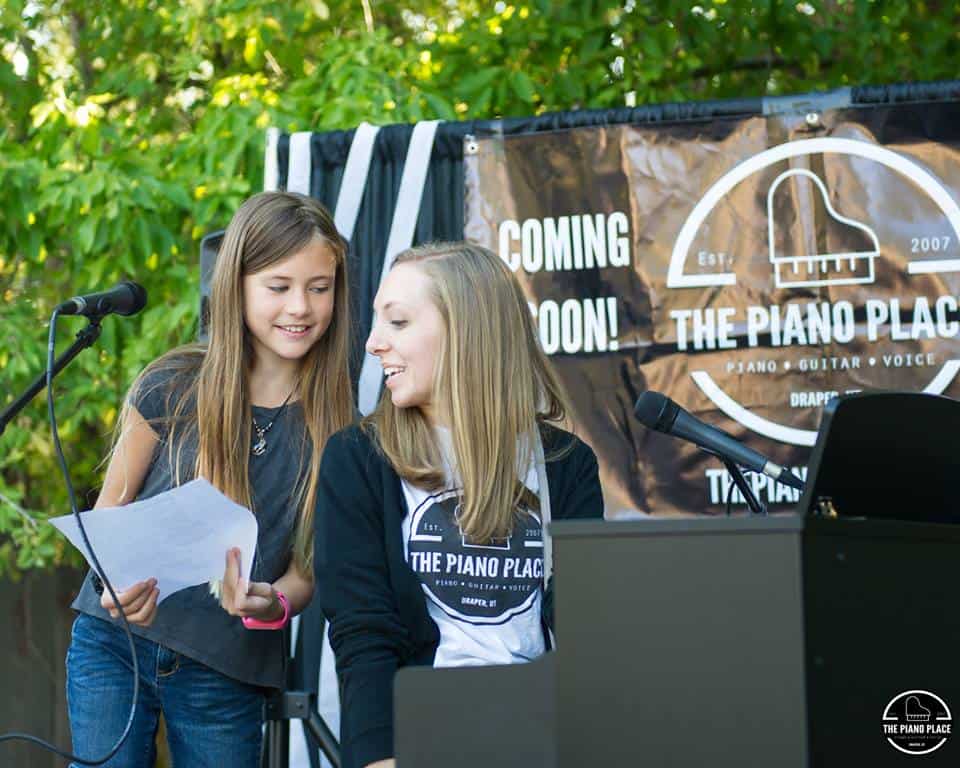It might feel like summer just started, but it’s already
time to start thinking about back-to-school. Maybe this is the year your
elementary-school student wants to win the Science Fair, or try out the
after-school Mathletes club. For some of our students, this is their first year
navigating a middle-school class schedule, with more classes and more homework.
Or, if it’s their first year of high-school, grades actually count and the
stakes can feel pretty high.
Fortunately, the decision to learn an instrument can only
help your student’s academic performance this year, with a wealth of research
indicating that music helps students solve problems, ace that math test, and
remember all the causes of the Industrial Revolution.
Wondering how practicing the same song or chord progression
over and over makes someone a better student? Look for improvement in the
following areas, and you’ll be surprised to see how deeply music impacts the
mind!
- Advanced language skills and reasoning
abilities: as students learn new sound combinations in music, they develop the
ability to hear and understand subtle differences in spoken language. From
learning a new language to speaking in front of an audience, advanced word
fluency is a key factor in academic success. Students are also better prepared
to “talk through” a difficult concept and engage in critical thinking during
discussions. (Just hope they don’t use all these advanced language skills to
argue their way out of homework or chores…)
- A faster memory and better planning/sequencing
skills, as well as a greater ability to complete tasks. Yep, that’s right,
learning an instrument just might help your student finish their Science Fair
project on time. That alone is a good enough reason to stick with piano
lessons! Turns out the same skills used during sight-reading, memorizing music,
and performing a finished piece are the ones needed to organize a project,
research solutions, and stick with a task until it is finished.
- According to an article in the most recent Journal of Educational Psychology, “students
who participate in music-related activities between grades 7-12 achieve
significantly higher scores on science, math, and English exams.” Just more
evidence that the skills developed while learning an instrument transfer over
into academics as well, and we think anything that makes algebra a little more
bearable is a great investment!
- Higher self-esteem and a stronger sense of
personal identity. Students learn best when they feel happy, safe, and capable
of learning new things, and learning an instrument provides students with
countless opportunities for self-expression and personal growth. From mastering
a difficult piece to feeling proud after a successful performance, music is a
life-long resource for boosting self-esteem, which can help students develop a
positive sense of identity while at school.
We hope the upcoming school year is full of fun adventures and positive learning experiences. Our instructors are committed to helping your student become the best learner possible, both in the studio and at school!
